I. You Contain Multitudes
Some friends and I were recently talking about whether everyone has layers. You meet some people and they seem so uncomplicated - so light, so joyfully simple, like every experience just washes over and through them. And I always find myself wondering: where does the heaviness go? Where do you store it?
Of course, everyone has layers. It’s part of being alive. But maybe not everyone knows they do. Not everyone names them. Some layers stay buried, unexamined, unspoken, invisible even to the person who holds them.
That conversation had been echoing in me when I watched The Life of Chuck a few nights later, a whimsical, strangely moving film about endings and memory. There’s a quiet, luminous scene where a teacher, Miss Richards, gently places her hands on either side of young Chuck’s head after he asks what ‘I contain multitudes’ means. She looks at him and asks, What’s in between my hands? He hesitates. My brain? he guesses. She smiles, shakes her head, and says: In between my hands is everything you’ve thought, everything you see, everything you know. The world, planes in the sky, manhole covers on the street. Every year that you live, that world inside your head will get bigger and brighter and more detailed and complex. You will build cities and countries and continents. And you will fill them with people and faces, real and imagined. Don't stop there. You fill the whole thing, everyone you ever meet, everyone you ever know, everyone you ever just imagine. The universe, the whole universe, is right between my hands. You contain multitudes.
It’s a reference to a line from a Walt Whitman poem I’ve always loved:
Do I contradict myself?
Very well then I contradict myself,
(I am large, I contain multitudes)
I love it so much that one of my favourite sweaters has stitched across it: Would you still love me if I contained multitudes? It’s worn soft at the sleeves now, but every time I put it on, I feel a little more spacious, like I’m allowed to be layered, inconsistent, vast.
We all walk around like that, carrying entire histories behind us, tucked behind a strand of hair. Tiny moments folded into the way we speak, the pauses we take, the songs we hum under our breath without noticing. The people we’ve loved and the versions of ourselves we’ve outgrown. Our eyes still hold fragments of things we thought we’d forgotten: childhood fears, old friends, feelings we once believed were permanent. We carry it all, even the parts we no longer consciously recall.
And yet, even knowing we carry so much, so many selves, so many moments, I’m struck by how easily it all slips away.
We’re walking archives, yes, but so few of our pages get read. Whole years compress into vague impressions: that was the year I was tired. That was the year I moved cities. That was the year I felt like I might be in love. I think often about all the stories that disappear - stories we forget, stories we don’t tell, stories that never made it into language in the first place.
Which brings me to a question:
II. Where Do All the Stories Go?
Sometimes I get overwhelmed by the sheer muchness of everything. Last week, my friend and I were staring at the bustling community calendar of Bathurst - endless events like The Art of Walking and Pottery for Beginners - and I remember her saying: There’s always just so much going on.
She was right. There’s so much bursting within every moment: so many conversations unfolding, pottery classes to attend, TV shows to watch, words shouted into the void, dinner plans, sunsets we don’t stop for, breakups and confessions all happening in parallel.
The same friend also keeps a living word document about her crush (now lover, yay!). She records their conversations, how she felt in specific moments, the way his voice softened when talking about his brother, or how he once mispronounced a word. Mundane, precise, tender documentation. I think about those documents often, how she immortalises each flicker of feeling and the effort to hold it all, to prove it happened, even as it’s already vanishing.
I think I write for the same reason - to remember. And maybe, selfishly, to feel briefly eternal.
Because otherwise, where do all the stories go? I wonder about the almost-love stories from centuries ago, two people brushing hands by candlelight in a forgotten century, a glance held too long in a crowded market, a letter never sent.
So many moments disappear without a witness, soft, unrepeatable things, lost in the folds of time, or passed on by unreliable narrators, if they’re passed on at all. Sometimes I catch myself in the middle of something tender, a moment that feels like it matters, and I think: Is there anyone here to witness this? And most of the time, there isn’t, so I need to write about it.
Someone said When a person dies, a library burns down. But I think pieces of the library are burning all the time. Tiny flames licking the edges of each day, unsaved drafts, unspoken affections, one-line jokes no one remembers by dinner. Embers rising from moments no one thought to write down.
I think about how vivid and emotionally charged some moments once felt. But over time, they get washed away by the quiet erosion of days. They slip out of conversation, fade from memory, and eventually fall out of the ‘official’ story of life, as if they never quite counted. If someone read a list of my life one day, maybe it wouldn’t even make the page. Maybe just a footnote. And one day, even that footnote will be gone too.
Mitski’s Last Words of a Shooting Star captures that feeling with uncanny precision - that strange, quiet grief of slipping out of your own life. The song begins with the image of a turbulent plane ride, but it quickly becomes something more interior, a meditation on mortality, memory, and the self. The “shooting star” is both the plane in descent and Mitski herself: burning, falling, brilliant for a moment. As she drifts between fear and acceptance, she revisits old lovers and fragments of who she once was:
They'll never know how I'd stared at the dark in that room
With no thoughts like a blood-sniffing shark
…And I am relieved that I’d left my room tidyGoodbye.
It’s so mundane and final. That bittersweet desire to leave behind something orderly, even as everything dissolves. The falling, disappearing and somehow still hoping to be witnessed in the aftermath.
Sometimes I also listen to I Was Neon by Julia Jacklin and feel that quiet ache she sings about - the fear of disappearing into yourself, of losing the version of you that once burned brightest.
I was neon, I was the floodlight
I was the sun in your eyes
I was steady, I was soft to the touch
Cut wide open, did I let in too much
I swear I could feel it, swear I could feel it…Am I gonna lose myself again?
That sense of once being bright and unmistakably alive, then somehow dimming, being forgotten, even by yourself. It captures the quiet grief of becoming unrecognisable to your own memory. There’s a longing buried in it, to stay whole, even as you shift and shed and rewrite.
We assume stories are passed down, but most of them aren’t. Most just evaporate with no narrator and no witness. Gone, unless someone remembers, unless someone bothers to write it down.
III. It’s So Easy to Forget
It’s so easy to forget.
I think back to who I was a year ago, three years ago, five, and it feels like I’m squinting through glass at someone else’s dream. Some of what I felt then was vivid, almost unbearable in its intensity. But memory, as I wrote in my last post, is a slippery narrator that skips chapters and becomes blurry. Until eventually, without noticing, you embody it. The moment folds into your bones and changes the way you speak. The way you soften your voice when someone’s sad and the reason a certain song makes you cry. The story dissolves, but the residue remains.
We all contain multitudes. We are living museums, full of flickering exhibits, some locked away and some still being built.
And maybe, as we slowly burn out, all we can do is keep noticing, keep writing, keep loving the fragments, all in an effort to softly whisper: This happened. This mattered.
“We are our memory, we are that chimerical museum of shifting shapes, that pile of broken mirrors.” - Jorge Luis Borges
“A brother never ends. I prowl him. He does not end.” - Anne Carson
Related mini poem meditation on this topic I wrote this week:
Where Do All the Stories Go
Is anyone watching this?
Hello?
Can I get a second set of eyes on this aisle, please?
Because you’re saying something
light and half-lovely
maybe about dogs or pasta or the moon
and I’m trying to memorise it
like an incantation
before it dissolves into the wallpaper.
I think:
is there a god tuned in to this?
I imagine all the people
living this same moment in parallel
across countries, across decades
our lives brushing past each other
in the fabric of now.
I hope there’s a celestial court stenographer
typing out your words as they fall,
little feathered syllables
leaving your hum-coloured lips
and gliding toward
the shell of my ear.
Or is it just us
eternally alone, together?
Your eye on mine
in this vast room
with one half-dead plant,
no proper lamp,
and the whole universe outside.
Later I’ll have to narrate these details to myself
and to friends
to help myself remember.
I’ll try to describe
how my heart turned sideways,
like a boat in a too-small canal,
when your face scrunched mid-laugh.
I’ll try to write the minute down like it mattered
like the shadow was cinematic,
like the breath was calibrated
but my memory is a drunk narrator
with ink-stained fingers
and a limp.
The light’s already wrong.
I want to say:
don’t move.
I need to memorise the light on your eyebrow
like a map to a place
I’ll forget how to find.
But I don’t.
You get up to turn the light off.
Like it’s just a Tuesday.
And I imagine us
in some unthinkable decade,
past whatever this one is
dust on a coffee table,
archived in some lunar museum
where ghosts wear our pyjamas
and whisper our old conversations
to potted plants
that grow sideways through time.
We’re there with all the impossible,
paranormal friends
and no one
thought to remember their names.
A curator of cosmic debris
opens a shoebox labeled:
“eyebrow light, circa us”
and inside
a flicker,
a static hum,
the sound of someone
almost saying something important
before deciding
to just smile instead.
No names.
No timestamp.
Just dust motes,
spinning like satellites
around the gravity of a moment
that once almost meant everything
to one person.


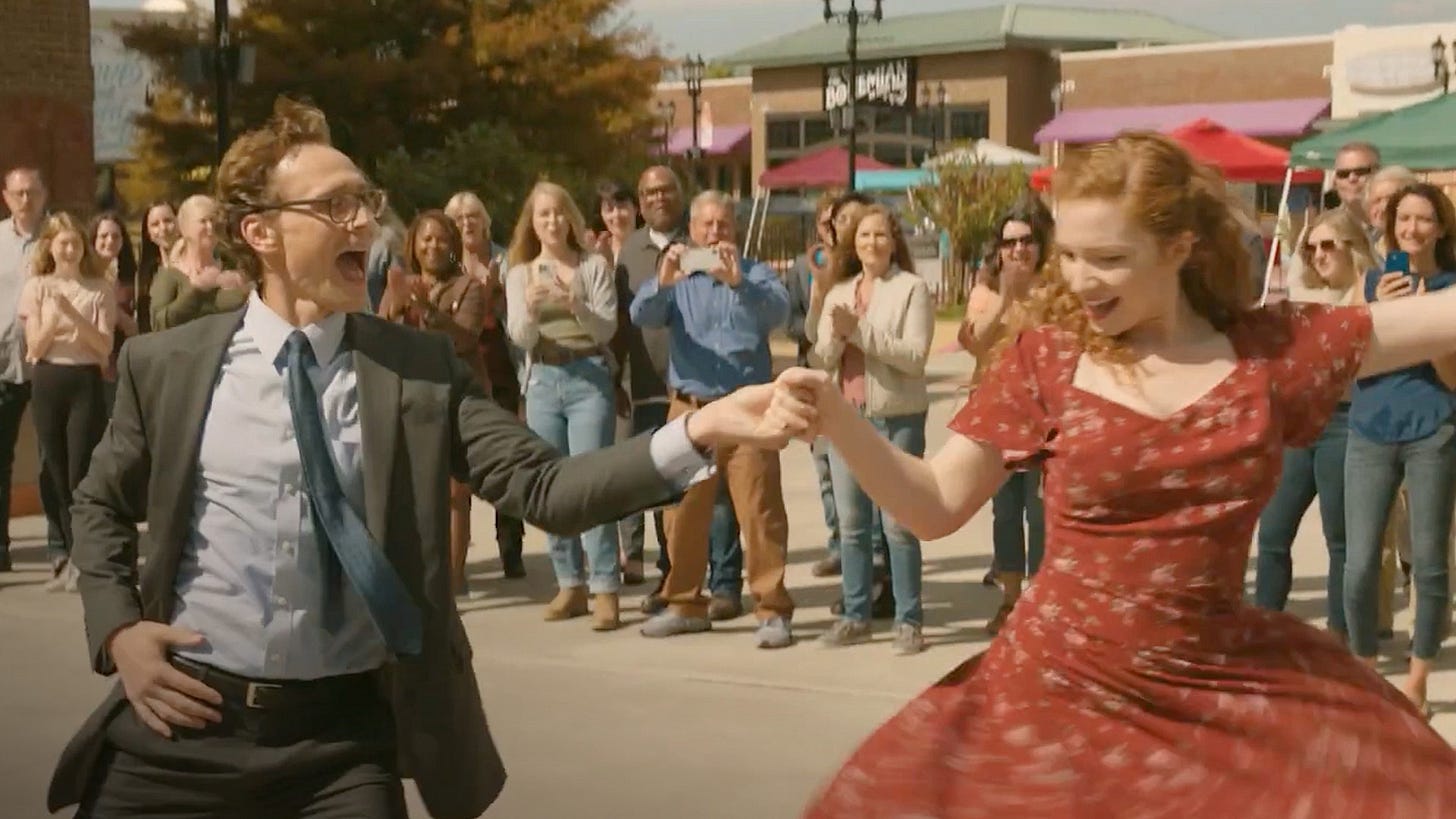
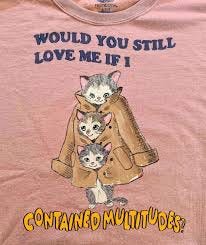
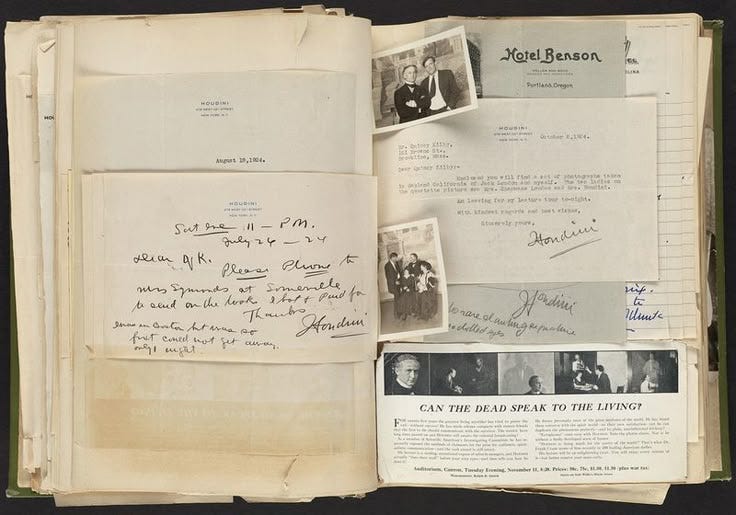
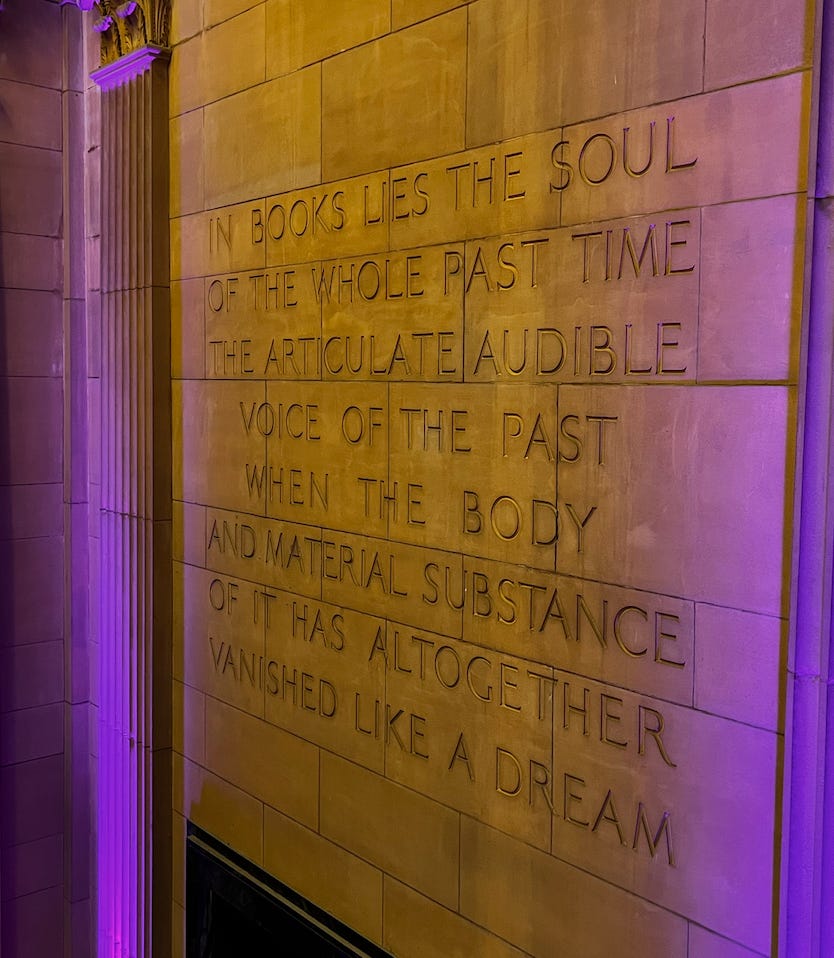
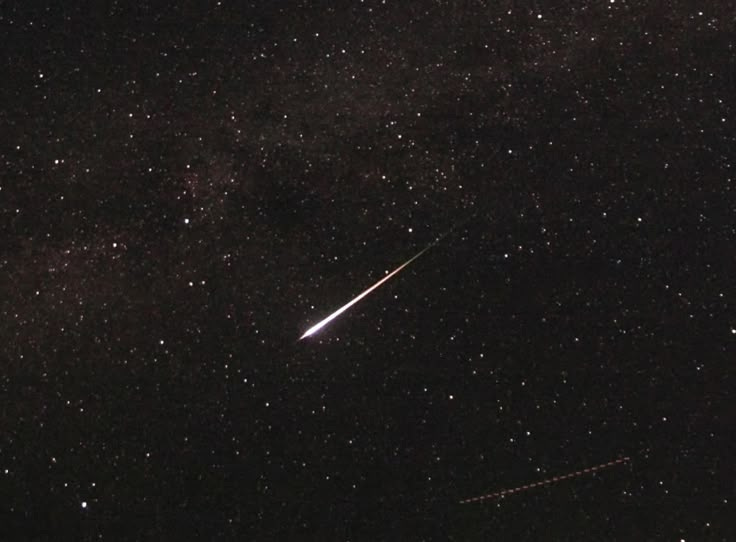
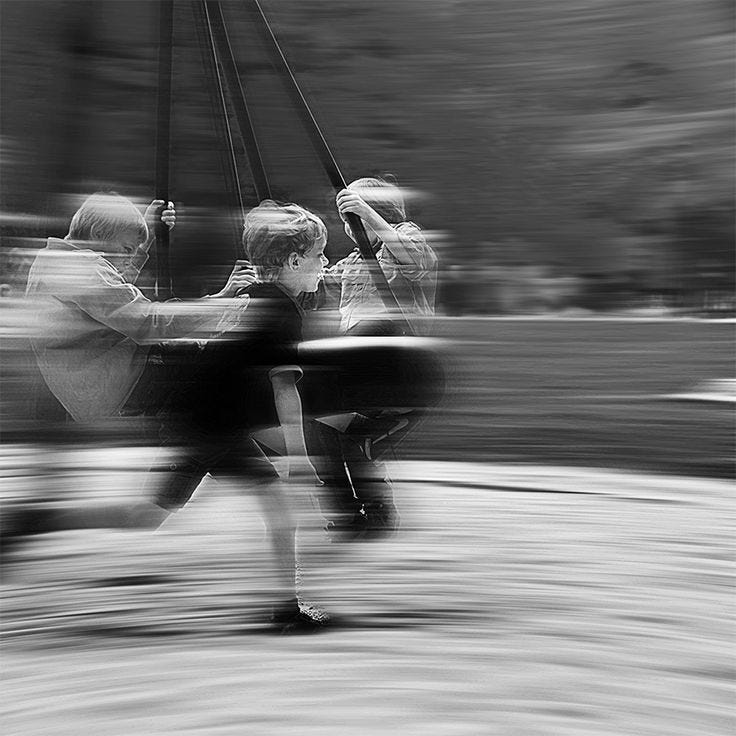
“ dust motes spinning like satellites around the gravity of a moment” now that’s an image to ponder…
My memory is a drunk narrator fr